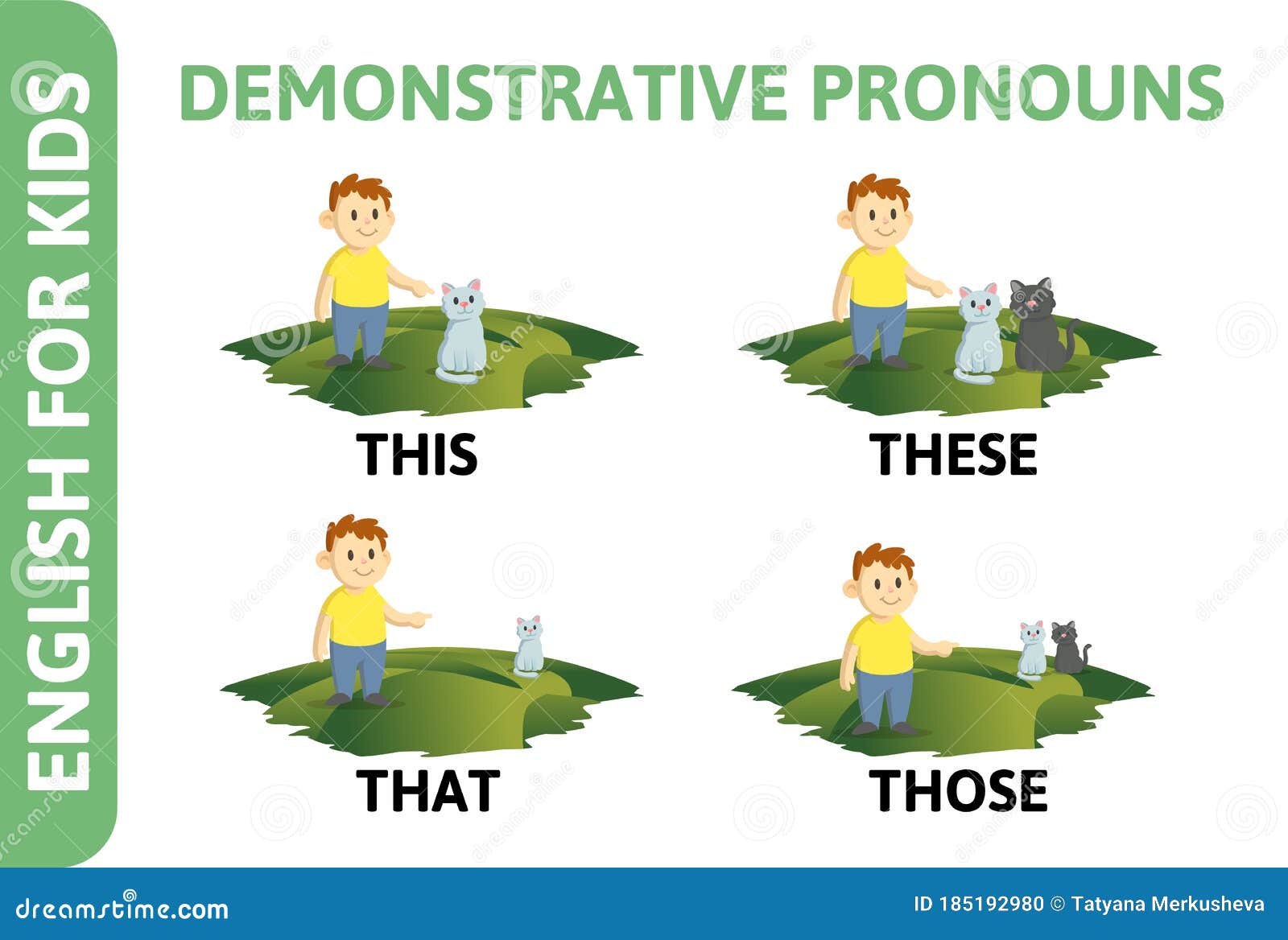Beyond its basic synonym and antonym lookup capabilities, thes.com provides users with a treasure trove of linguistic resources. The platform's sophisticated algorithms and vast word repository ensure that users find not just common alternatives but also nuanced choices that perfectly capture their intended meaning. Whether you're a professional writer seeking the perfect word to express a complex idea or a student looking to expand your vocabulary, thes.com offers solutions that cater to various writing needs and proficiency levels. What sets thes.com apart from other online thesauruses is its commitment to quality and accuracy. The platform's team of linguistic experts continuously updates its database, ensuring that users have access to the most current and relevant word choices. This dedication to excellence has made thes.com a trusted companion for millions of users worldwide, helping them overcome writer's block, improve their writing style, and communicate more effectively in both personal and professional settings.
Table of Contents
- What Makes Thes.com Unique Compared to Other Online Thesauruses?
- Comprehensive Features of Thes.com: Beyond Basic Synonyms
- How Does Thes.com Work Its Magic in Word Selection?
- Practical Applications of Thes.com in Professional Writing
- Can Thes.com Improve Your Academic Writing Skills?
- The Technology Behind Thes.com's Success
- Is Thes.com a Reliable Tool for Professional Writers?
- Future Developments and Upcoming Features of Thes.com
What Makes Thes.com Unique Compared to Other Online Thesauruses?
Thes.com distinguishes itself from other online thesauruses through its innovative approach to word exploration and its commitment to user experience. While many platforms offer basic synonym lookup, thes.com provides a multifaceted tool that caters to diverse writing needs. The platform's intelligent algorithms go beyond simple word matching, offering context-sensitive suggestions that consider not just the literal meaning but also the nuance and connotation of each word choice.
One of the most remarkable features of thes.com is its dynamic word relationship mapping. Unlike traditional thesauruses that present a static list of synonyms, thes.com creates an interactive network of related terms, allowing users to explore various shades of meaning and discover unexpected connections between words. This feature proves particularly valuable when searching for precise vocabulary to convey specific emotions or technical concepts. The platform also incorporates usage frequency data, helping writers choose words that strike the right balance between uniqueness and familiarity.
Read also:Mercedes Schlapp Face Surgery Insights Details And More
Furthermore, thes.com maintains a comprehensive database that includes not just synonyms and antonyms but also related phrases, idiomatic expressions, and domain-specific terminology. This extensive collection ensures that users can find appropriate alternatives across various writing contexts, from casual conversations to formal academic papers. The platform's user interface is designed with simplicity in mind, featuring intuitive navigation and customizable display options that cater to different learning styles and preferences. Regular updates and community-driven contributions keep the database current and relevant, making thes.com an ever-evolving resource for language enthusiasts worldwide.
Comprehensive Features of Thes.com: Beyond Basic Synonyms
Thes.com offers a suite of advanced features that transform the traditional thesaurus experience into a comprehensive writing assistant. These capabilities extend far beyond simple word lookup, providing users with tools that enhance both their vocabulary and writing proficiency. The platform's sophisticated architecture supports multiple layers of linguistic exploration, making it an invaluable resource for writers at all skill levels.
Advanced Search Options and Filters
The search functionality of thes.com incorporates several powerful features that refine and enhance the word discovery process. Users can filter results based on various criteria, including:
- Word form (noun, verb, adjective, etc.)
- Formality level (formal, informal, technical)
- Usage frequency (common, rare, obsolete)
- Contextual appropriateness (academic, business, creative writing)
These filters help writers find words that precisely match their intended tone and style, ensuring that their writing resonates with the target audience. The platform also supports wildcard searches and phonetic matching, making it easier to find alternatives even when users aren't sure of the exact spelling.
Contextual Examples and Usage Guidelines
Understanding how to properly use a word in context is crucial for effective communication. Thes.com addresses this need by providing extensive contextual examples and usage guidelines for each entry. These include:
- Sample sentences demonstrating proper usage
- Common collocations and word pairings
- Regional variations and dialect-specific information
- Historical usage patterns and evolution of meaning
The platform's contextual database draws from a wide range of sources, including contemporary literature, academic publications, and popular media. This diverse collection of examples helps users grasp the subtle nuances of word usage and avoid common pitfalls in vocabulary selection. Additionally, thes.com's usage notes often include warnings about potential connotation issues or cultural sensitivities, ensuring that writers choose words that convey their intended message without unintended consequences.
Read also:Exploring Hub4u Page 2 A Comprehensive Guide To Discover Hidden Gems
How Does Thes.com Work Its Magic in Word Selection?
Behind the scenes, thes.com employs sophisticated linguistic algorithms and machine learning models to deliver precise and relevant word suggestions. The platform's core technology combines natural language processing (NLP) techniques with a vast linguistic database that has been meticulously curated by language experts. When a user enters a query, the system doesn't merely retrieve a list of synonyms; instead, it analyzes the context, frequency, and semantic relationships between words to generate intelligent suggestions.
The platform's recommendation engine operates on multiple levels of linguistic analysis. First, it performs morphological analysis to understand the base form and grammatical properties of the input word. Next, it applies semantic analysis to determine the word's meaning and potential connotations. Finally, the system evaluates pragmatic factors such as register, domain specificity, and cultural associations. This multi-layered approach ensures that users receive suggestions that are not only technically correct but also contextually appropriate.
Thes.com's machine learning algorithms continuously improve through user interactions and feedback. The system tracks which suggestions are most frequently selected and how they're used in different contexts, allowing it to refine its recommendations over time. This adaptive learning process helps the platform stay current with evolving language usage patterns and emerging vocabulary. Additionally, the platform incorporates usage statistics from various corpora, including contemporary literature, academic publications, and social media, to ensure that its suggestions reflect real-world language usage.
Practical Applications of Thes.com in Professional Writing
Thes.com proves invaluable across various professional writing domains, offering tools that enhance both the quality and efficiency of written communication. In the realm of content creation, marketing professionals utilize the platform to craft compelling copy that resonates with target audiences while avoiding repetitive language. The ability to quickly find alternative word choices helps maintain reader engagement and prevents content from becoming monotonous, especially in longer pieces or series of articles.
For business writers, thes.com serves as a crucial asset in creating professional documents, reports, and presentations. The platform's domain-specific filters ensure that business terminology maintains appropriate formality and precision. Its contextual examples help writers navigate the delicate balance between professional tone and accessible language, particularly when addressing diverse stakeholder groups. Additionally, the platform's ability to suggest industry-specific terminology proves invaluable when writing technical documents or specialized reports.
Journalists and editors rely on thes.com to maintain linguistic diversity while adhering to strict editorial guidelines. The platform's advanced search options allow them to quickly find alternatives that fit specific word count requirements or style constraints. Its usage notes and cultural sensitivity warnings help prevent potentially problematic word choices, ensuring that published content remains appropriate for global audiences. Furthermore, the platform's historical usage data assists writers in crafting pieces that authentically capture different time periods or cultural contexts, adding depth and accuracy to their reporting.
Can Thes.com Improve Your Academic Writing Skills?
Thes.com offers substantial benefits for academic writers seeking to enhance their scholarly communication and develop more sophisticated writing abilities. The platform's comprehensive features support academic writing across various disciplines, from humanities to scientific research. By providing access to precise terminology and nuanced word choices, thes.com helps students and researchers articulate complex ideas more effectively while maintaining academic rigor.
Benefits for Students and Academic Writers
Students utilizing thes.com gain several advantages in their academic writing journey:
- Access to discipline-specific terminology for various fields of study
- Improved ability to vary vocabulary and avoid repetitive language
- Enhanced understanding of word nuances and appropriate usage
- Support for developing more sophisticated argumentation through precise word choice
The platform's contextual examples prove particularly valuable for students learning to write in academic English, offering clear demonstrations of proper word usage in scholarly contexts. Its historical usage data helps students understand the evolution of academic terminology and its application in contemporary research.
Assistance in Research Paper Composition
When composing research papers, thes.com serves as an indispensable tool for several key aspects:
- Identifying appropriate technical terms and jargon for specific disciplines
- Finding precise alternatives for overused academic phrases
- Ensuring consistent terminology throughout complex documents
- Supporting the creation of clear and concise abstracts and summaries
The platform's ability to suggest words based on formality levels helps researchers maintain the appropriate academic tone while avoiding overly complex or pretentious language. Its usage notes often include information about word origins and etymology, which can be particularly valuable when writing literature reviews or historical analyses. Additionally, the platform's contextual examples demonstrate how to properly integrate technical terms into academic writing without compromising readability or clarity.
The Technology Behind Thes.com's Success
Thes.com's technological infrastructure represents a sophisticated blend of linguistic science and cutting-edge software engineering. At its core, the platform utilizes a distributed network of servers that process millions of queries daily, ensuring rapid response times and reliable access for users worldwide. The system architecture incorporates multiple layers of caching and load balancing to maintain optimal performance during peak usage periods, while advanced security protocols protect user data and prevent unauthorized access.
The platform's database management system employs a hybrid approach that combines traditional relational database structures with modern NoSQL technologies. This configuration allows for efficient storage and retrieval of vast amounts of linguistic data while maintaining the flexibility needed for continuous updates and expansions. The database schema is meticulously designed to support complex relationships between words, including synonyms, antonyms, hypernyms, hyponyms, and other semantic connections, enabling the platform to deliver comprehensive results for each query.
Artificial intelligence plays a crucial role in thes.com's functionality, with machine learning models continuously analyzing user interactions and linguistic patterns. These models employ natural language processing techniques to understand query intent and refine search results based on contextual clues. The platform's recommendation engine utilizes deep learning algorithms to identify subtle connections between words and phrases, while its predictive analytics capabilities help anticipate user needs and suggest relevant alternatives. Additionally, the system incorporates real-time data processing pipelines that integrate new vocabulary and usage patterns from various sources, ensuring the platform remains current with evolving language trends.
Is Thes.com a Reliable Tool for Professional Writers?
Thes.com has established itself as a trustworthy resource for professional writers through its unwavering commitment to accuracy and comprehensive quality control measures. The platform's reliability stems from its rigorous editorial process, which involves multiple layers of verification and validation. Each entry undergoes thorough examination by a team of linguistic experts who cross-reference multiple authoritative sources, ensuring that every suggestion meets stringent standards of correctness and appropriateness.
The platform's credibility is further enhanced by its transparent methodology and regular audits. Thes.com maintains partnerships with reputable linguistic institutions and academic organizations, providing access to extensive linguistic corpora and research databases. These collaborations ensure that the platform's content remains grounded in


